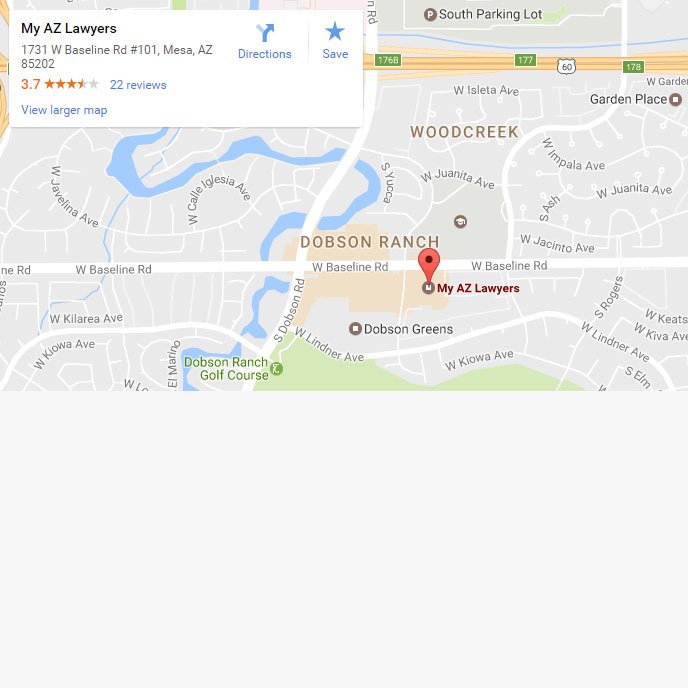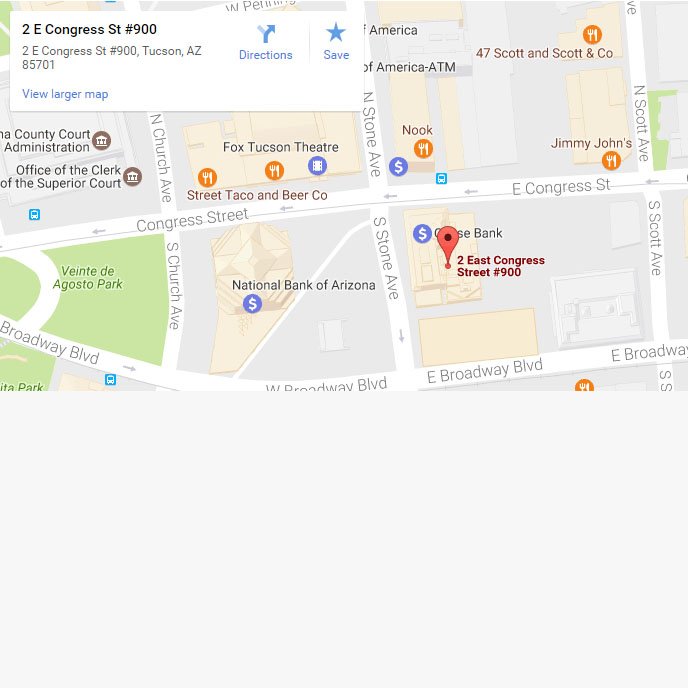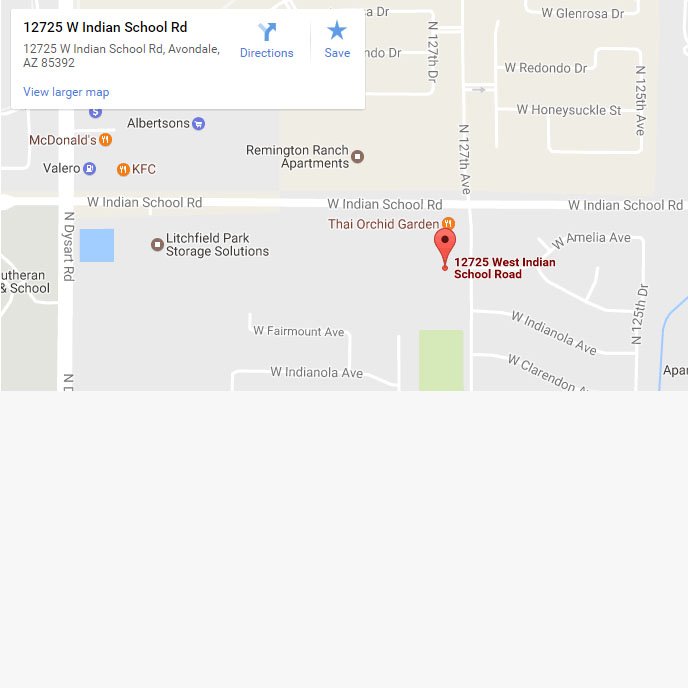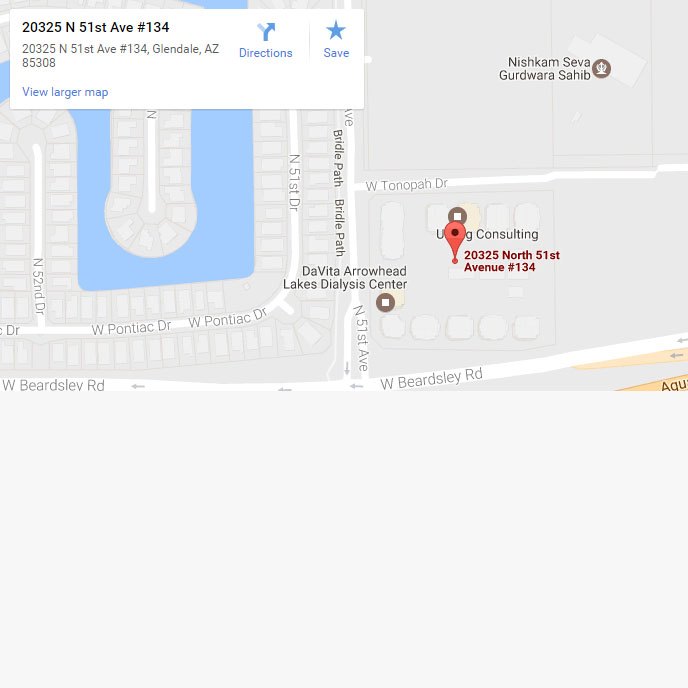Arizona Bankruptcy Timeline
What is the eligibility to file bankruptcy?
If you are interested in filing a Chapter 7 bankruptcy, there are two ways to qualify: the median income level and the means test.
Additionally, if you make below the median income level for your family size in your state, you automatically qualify (income-wise) for a Chapter 7. If you have non-exempt assets or have filed a Chapter 7 less than 8 years ago, you may still need to proceed with a Chapter 13 instead. Your family size will include your spouse and minor children. Adult children won’t be included in your family size
If you make above the median income level, you will have to prove through the means test that you have no disposable income left at the end of the month to pay your debts. Mandatory deductions and expenses the court has declared reasonable will be taken out of your income. If you are left with a low enough number, you will qualify for a Chapter 7 bankruptcy. If you can’t qualify through either of these methods, Chapter 13 may still be available to you.
How long does it take to file a Chapter 7 bankruptcy?
It may take you a few weeks to gather all the documents you need for a bankruptcy, and you must give your attorney some time (usually at least a few days) to draft your petition. From the moment you file until your case is discharged should take about 3-5 months. Your 341 Meeting of Creditors will be 30-45 days after you file, and your creditors have 60 days after your 341 to object to your debts being discharged. If you miss your court date, fail to turn in documents, etc., your case could be continued (delayed) and take longer.
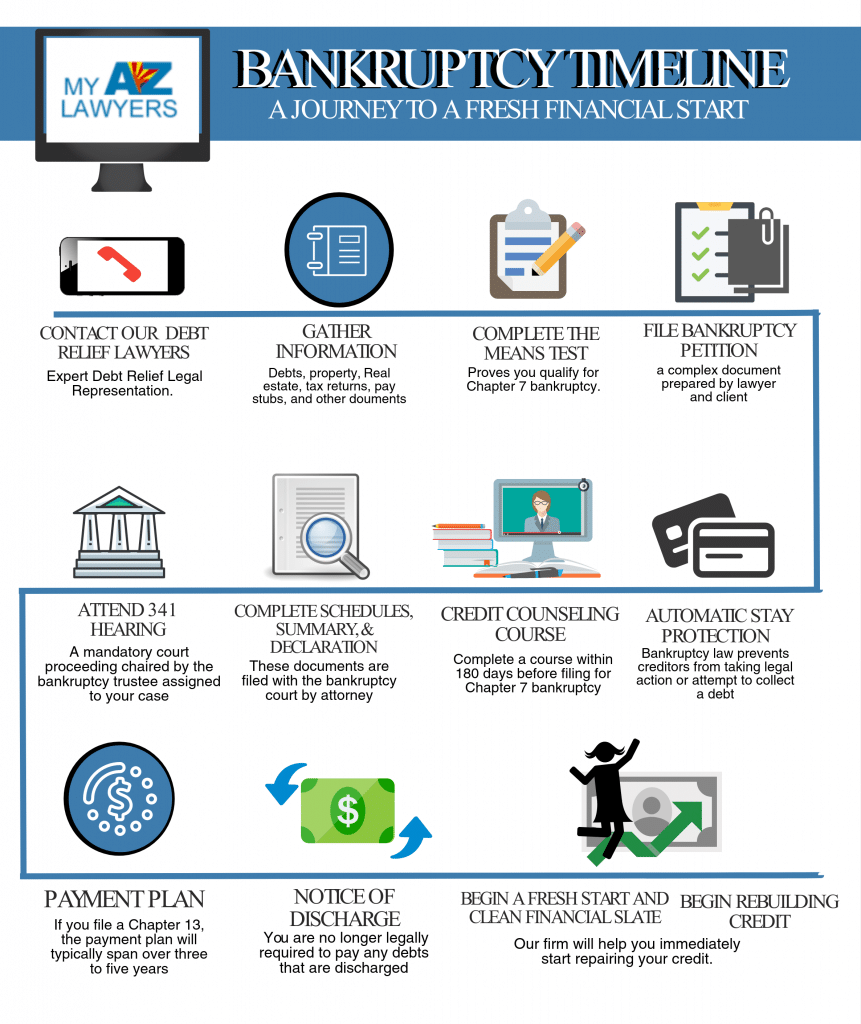
Steps in filing bankruptcy
1. Free Consultation
While you can theoretically have a consultation with a bankruptcy attorney and file your case the same day, you should start seeking out an attorney approximately 90 days before you file. This is because credit card purchases made within 90 days of your bankruptcy can be deemed fraud and you will have to repay them. A bankruptcy attorney can guide you through these purchases so you aren’t stuck with debt after filing bankruptcy.
You should also speak to an attorney before you file because you will likely need time to gather all the documents needed for your petition. Your attorney should be able to assess which documents you will need during the consultation.
2. Meet your attorney
If you had a phone consultation, you may want to meet your attorney in person before proceeding with your bankruptcy. If you have documents you’re more comfortable submitting in person than online, you may be able to schedule a time to drop off documents, meet with your attorney, and discuss your case.
3. Credit counseling (1st Class)
Your first credit counseling course must be taken before your case is filed. Do not procrastinate until the day of filing, as you may experience technical or other issues. If you take your class before you are able to file bankruptcy, your course certificate will be valid for 180 days.
4. Sign and File your bankruptcy
Once you have taken your credit counseling class and your attorney has drafted your petition, you will meet with your attorney to review the petition and sign it. Your attorney will file your case electronically. If you are using a $0 down payment plan, you will also have to sign a contract for that. Once your case is filed, the automatic stay goes into effect, preventing your creditors from garnishing your wages and using other means to collect on debts.
5. 341 Meeting of Creditors
Your 341 Meeting of Creditors will be approximately 30-45 days after your petition is filed. You MUST attend this hearing, although your attorney will also be there to represent you. Your attorney can’t appear on your behalf. The trustee will have a few questions for you, and your creditors have the option to show up and object to your debts being discharged.
6. 2nd Credit Counseling Class
You must complete your second credit counseling course within 60 days of your 341 hearing. Your attorney will receive a copy of your credit counseling certificate and file it with the court for you.
7. Discharge and Conclusion
Is there life after filing bankruptcy?
Your credit score may decrease initially when you file your bankruptcy depending on your score before filing. Either way, it should start to increase shortly afterwards. Steps you can take to improve your credit include financing a new vehicle, making timely payments on a new credit card, opening a secured line of credit through your bank, and filing bankruptcy with a $0 down payment plan. Our office offers a $0 down payment plan that credit reports your payments to help your score rise faster after bankruptcy. Thus, when considering an attorney, carefully choice a debt relief lawyer with a credit rebuilding program that has been tried and gets results.
You will have to wait 2 years after your bankruptcy before you can qualify for a home loan. However, this shouldn’t prevent you from renting. Many of our clients are able to finance a new vehicle the day after they file and receive plenty of offers for new lines of credit. For more information about a Zero Down Bankruptcy or $0 Down bankruptcy, please consider contacting our bankruptcy attorney.

